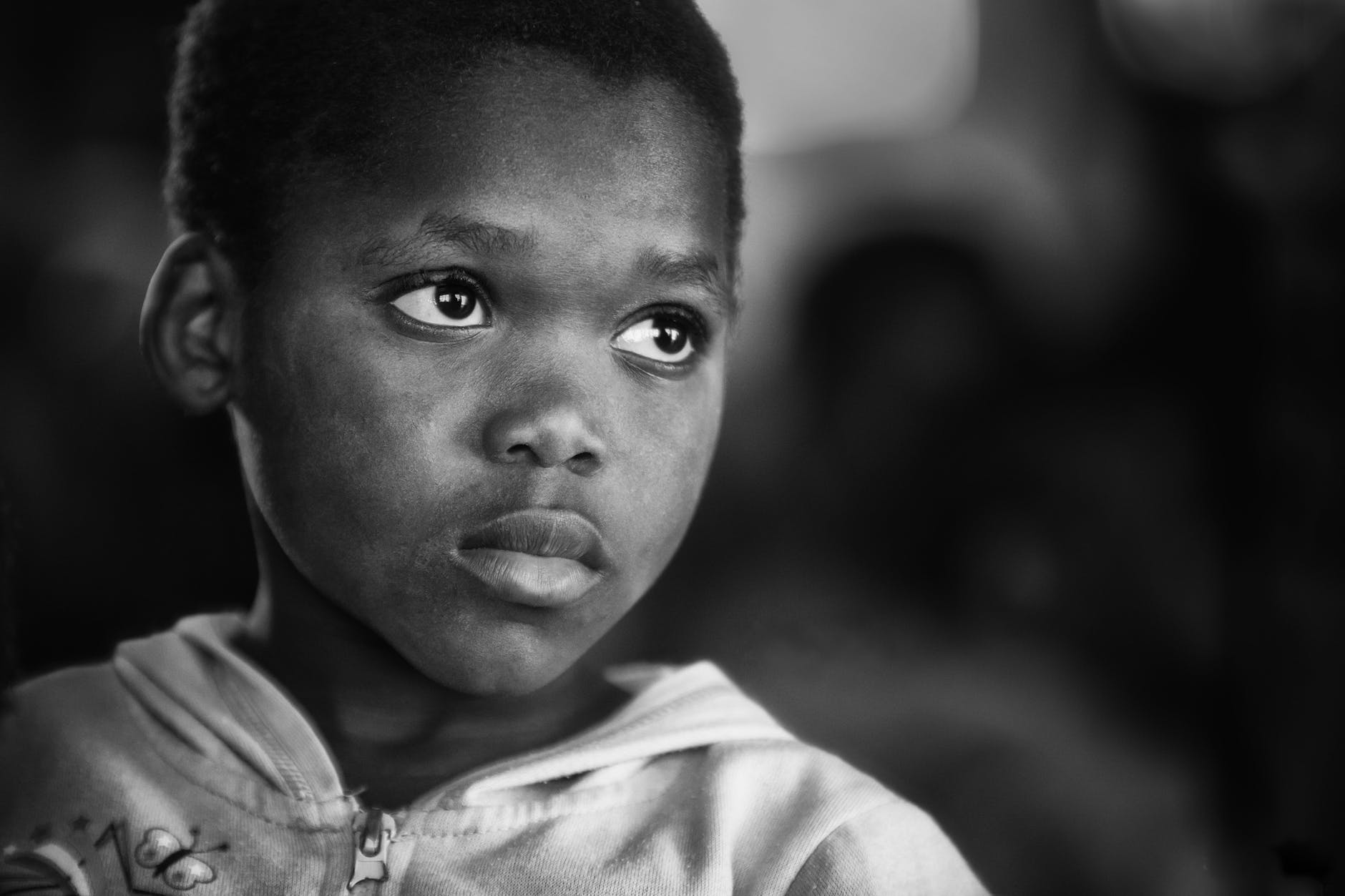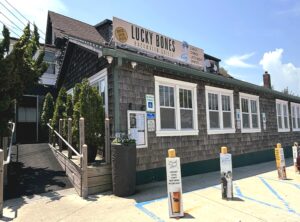Post-Pandemic Evictions Could Hurt NJ People of Color Disproportionately

Photo by Pixabay on Pexels.com.
NOTE: This story is part of the “After the Pandemic: Reporting on NJ Underserved Communities” fellowship administered by the Center for Cooperative Media at Montclair State University and financially supported by the Democracy Fund and Geraldine R. Dodge Foundation.
By Clyde Hughes | AC JosepH Media
ATLANTIC CITY — While the coronavirus pandemic, other business closings and various moratoriums have hit New Jersey residents negatively across the board, minority renters and people of color who are landlords have faced some unique circumstances, Renee Koubiadis, with New Jersey Citizen Action told journalists last week.
Koubiadis, the anti-poverty program director for New Jersey Citizen Action, fielded questions from reporters for nearly an hour, addressing the state’s eviction moratorium, its impact and the future going forward.
New Jersey Citizen Action is a statewide coalition and grassroots organization that fights for social, racial and economic justice for all state residents. The briefing was organized by the Center for Cooperative Media at Montclair State University.
As New Jersey’s eviction moratorium winds down, the end of such protections could hit renters of color the hardest.
Ad: Become “Unstoppable.” Check out the latest books and podcasts from Rev. Ralph Graves. Click HERE for more information.
“I’ve worked with people who are poor and homeless for almost 20 years and have seen that myself that they’re just more barriers in the way [for people of color] to really maintain their status,” Koubiadis said. “These are also the same people who have been told that they’re not worthy; they’re not deserving or have the right to have certain things in our society — their whole lives sometimes.
“It may be also so ingrained — those messages themselves — that they may not seek out information or have access to the information they need,” she said.
Koubiadis said undocumented people in the state may be particularly vulnerable in trying to seek out the information they need and deserve to have because of false inform0ation on social media and other lines of communication.
“There’s misinformation about what these rights are under the new law that was passed in August,” she said. “So they may not understand what they have the right to do right now.”
Koubiadis said while the perception that North Jersey gets the lion’s share of aid for things as help with rent and evictions, she said funds and access to those funds are open to everyone. She did admit that perception may come from sheer numbers and the concentration of renters.
For example, she said one-third of renters and eviction cases are in Essex County, where Newark is located.
“So there is certainly a larger concentration of people of color and poor people who are renters in that area,” Koubiadis said. “But there are other pockets around the state. I was the director of the Anti-Poverty Network for five years before coming to Citizens Action this year.
“We did a report a few years ago called the Cost of Poverty, where we focused on smaller municipalities across the state, not the Camdens in New Yorks of the state that people usually think about when they think about renters and poverty and all that.
“We showed that in all 21 counties, there are these pockets of concentration of poverty, concentrations of people of color, and low-income people in general. So we really pushed concentrated poverty into certain areas in every county of our state,” she continued.
Koubiadis added that even landlords of color face challenges that are for the most part separate from landlords in the larger communities, making them more vulnerable when they are not compensated for rent.
“A lot of times when we talk about landlords of color and their properties, they have smaller units,” Koubiadis said. “We’re not dealing with 30 units or something like that. We also know that many people of color have used the ownership of a two-unit building or a three-unit building as a way to be a homeowner themselves.
“So you will find more people of color using that as a route to homeownership for themselves by being a landlord to one or two other households as well. So certainly, there’s a different kind of impact there,” she said.
Follow Us Today On:
Check Out FRNJ EXTRA Here. Note from AC JosepH Media: If you like this story and others posted on Front Runner New Jersey.com, lend us a hand so we can keep producing articles like these for New Jersey and the world to see. Click on SUPPORT FRNJ and make a contribution that will do directly in making more stories like this available. Thank you for reading.






